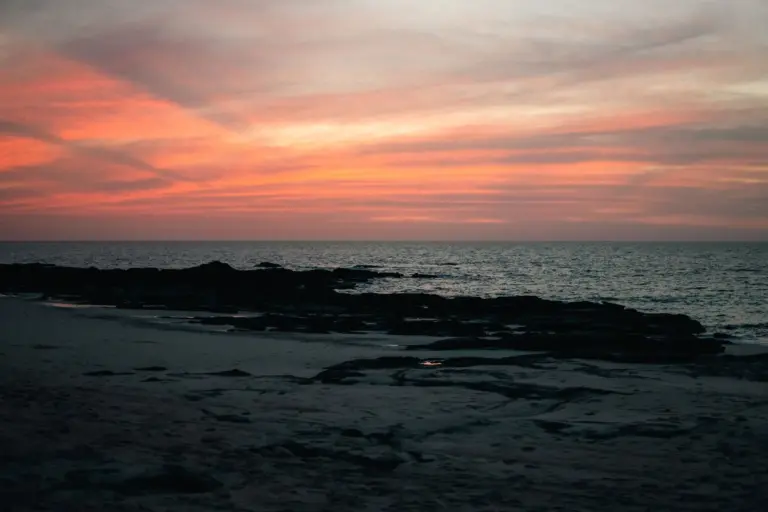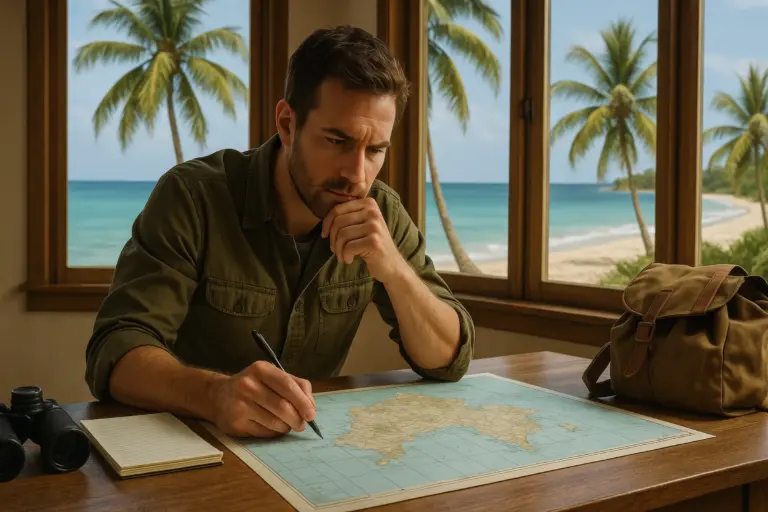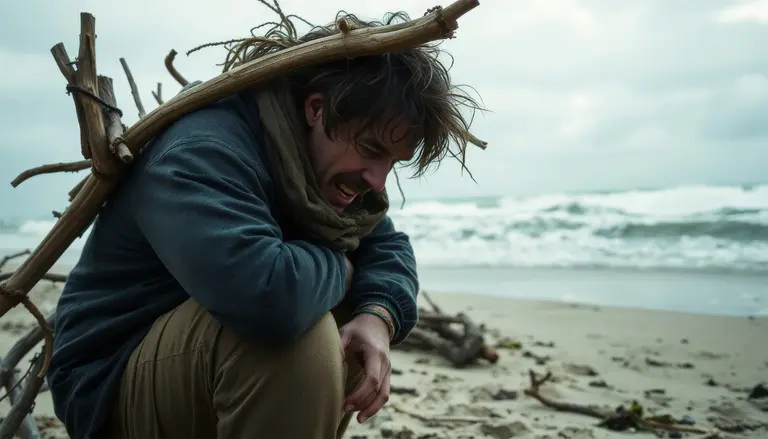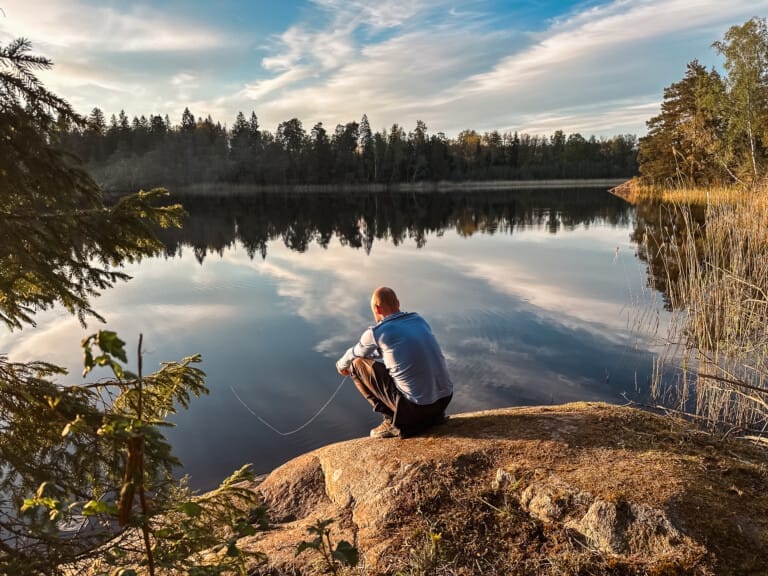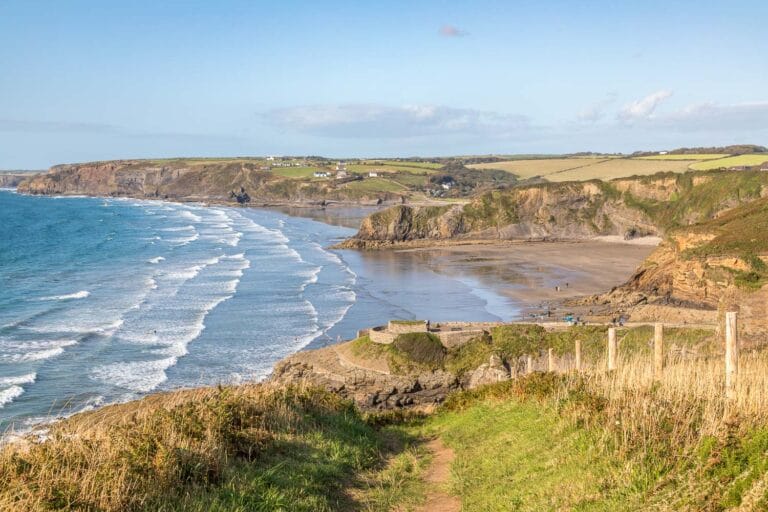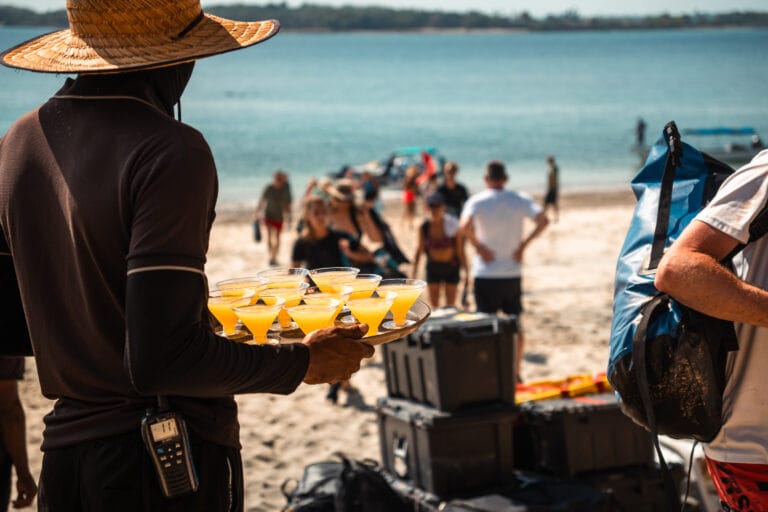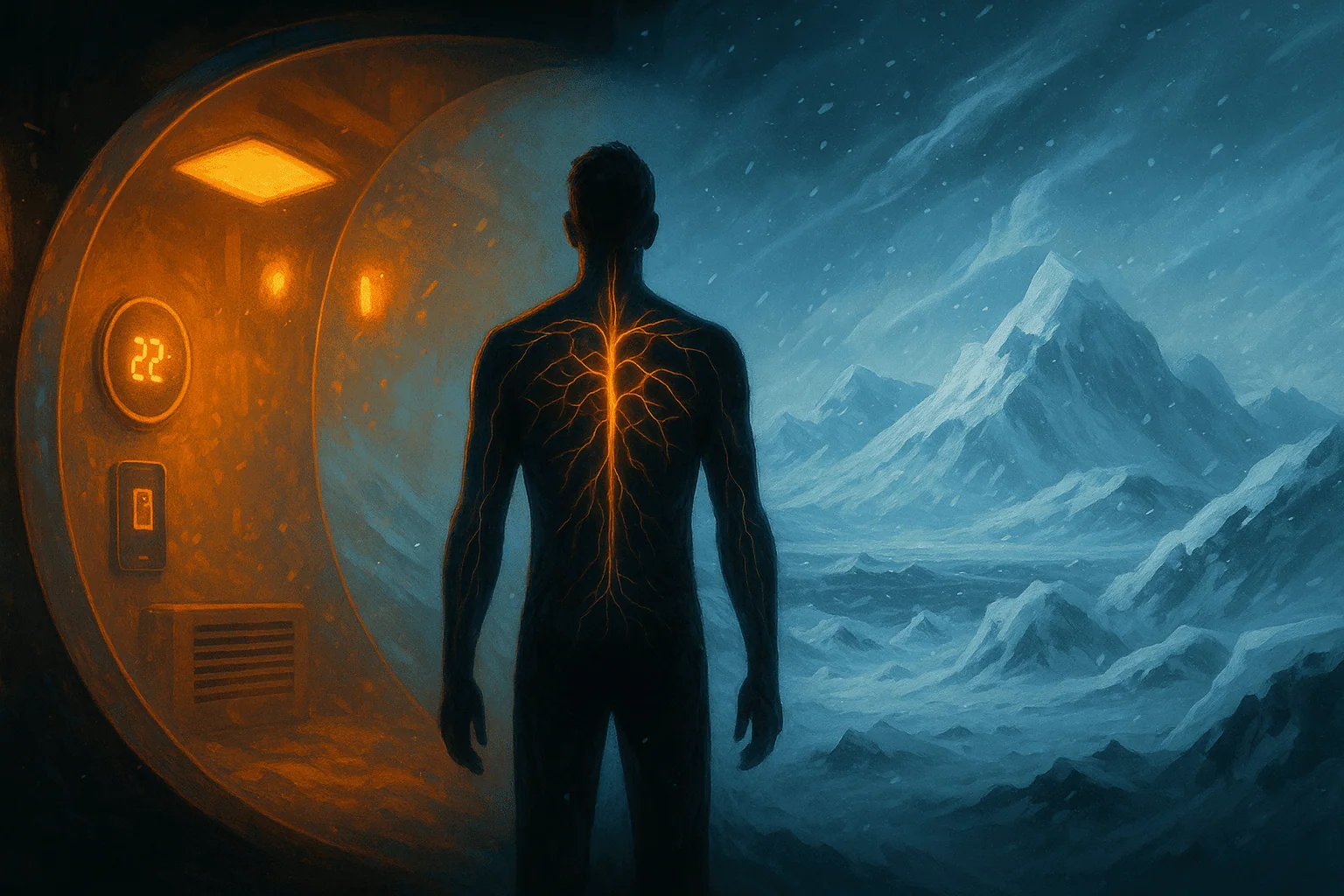
Your Body’s Forgotten Language
A Guide to Conversations Your Nervous System Misses
I was fiddling with the thermostat for the third time in an hour — 22°C felt too cold, 23°C too warm — when it properly hit me: I’d become a bloody goldfish in a climate-controlled bowl.
Here I was, someone who’d walked to the North Pole, having an existential crisis over a single degree. On that Arctic expedition, I’d slept in temperatures that would have killed Victorian explorers. My body had adapted, thrived even. But back in civilisation, I was panicking about minor temperature fluctuations.
We’ve outsourced our basic biological functions to technology. Our nervous systems, fine-tuned over millions of years to handle proper challenges, now treat a dead phone battery like a sabre-toothed tiger threat.
But here’s what the cold adaptation researchers have found: your body remembers far more than your mind thinks. Those neural pathways for resilience don’t just vanish — they go dormant, waiting for the right nudge to wake up.
This isn’t about becoming some hardcore survivalist. It’s about having a conversation with systems that modern comfort has put to sleep.
The Cold Water Chat
What you’ll do: End your shower with thirty seconds of cold water. Work up to two minutes over a few weeks.
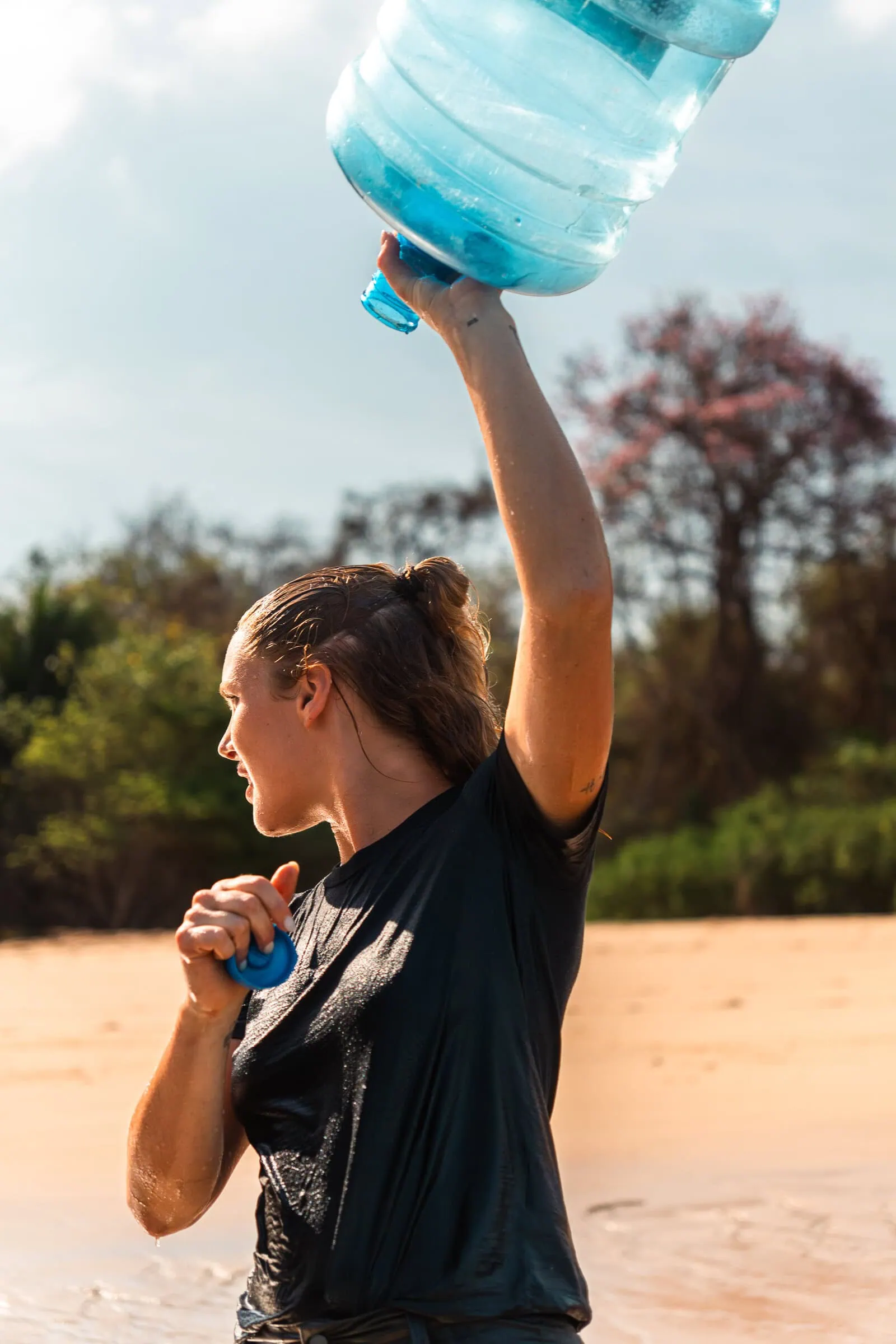
What’s actually happening: You’re reminding your nervous system it knows how to handle manageable stress. Cold water triggers norepinephrine release — the same chemical that sharpens focus and steadies emotions.
In the Canadian wilderness for “Alone,” I learned that cold isn’t the enemy — it’s a teacher. Your body has sophisticated mechanisms for generating heat, but they need practice. Every cold shower is a gentle conversation with systems that kept our species alive through ice ages.
Start here: Tomorrow morning. Last thirty seconds. Cold water. Breathe slowly. Watch your body sort itself out in real time.
Sleep Like Someone Who Remembers Darkness
What you’ll do: Sleep outside for one night. Garden, balcony, even by an open window. No screens for an hour beforehand.
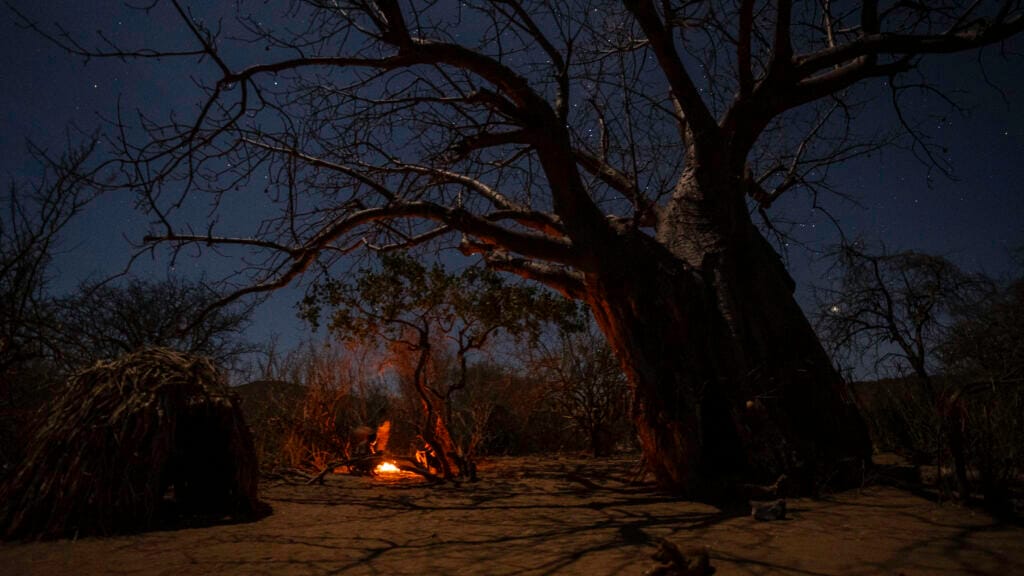
What’s really going on: Your circadian rhythm finally gets clear instructions instead of confused signals from blue light. Your pineal gland remembers what it’s meant to be doing with melatonin production.
After months of sleeping under actual stars during expeditions, returning to LED-lit bedrooms felt like sensory torture. My brain couldn’t work out when it was supposed to shut down. One night outside reminds your biology what it’s been missing.
Start here: This weekend. Sleeping bag in the garden. No phone. Notice how differently you feel about darkness when you’re not treating it like the enemy.
Fire: The Original Mindfulness Practice
What you’ll do: Cook one meal over an actual fire. Wood, matches, patience. No gas grill shortcuts.
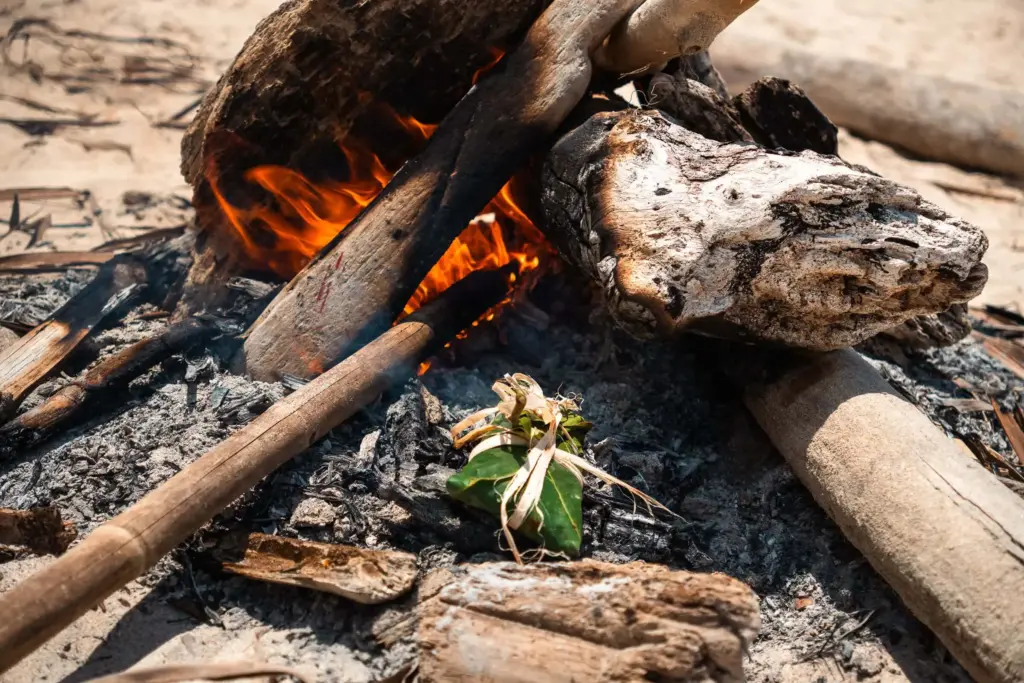
What’s happening: You’re engaging neural circuits that associate fire-making with competence and safety. Anthropologists call it the “hearth effect” — humans organise differently around controlled flame.
I remember my first friction fire on “Alone.” Hours of failure before that first ember glowed. But when those flames finally caught, something ancient activated. Not just in the wood — in my chest. Recognition that my hands could still create something essential.
Start here: Next weekend. Gather wood. Build a small fire somewhere safe. Cook something simple. Notice how different food tastes when you’ve earned it through effort.
The Hunger Conversation
What you’ll do: Skip one meal per week. Not dieting — hunger education. Feel what actual emptiness signals, not just habitual eating times.
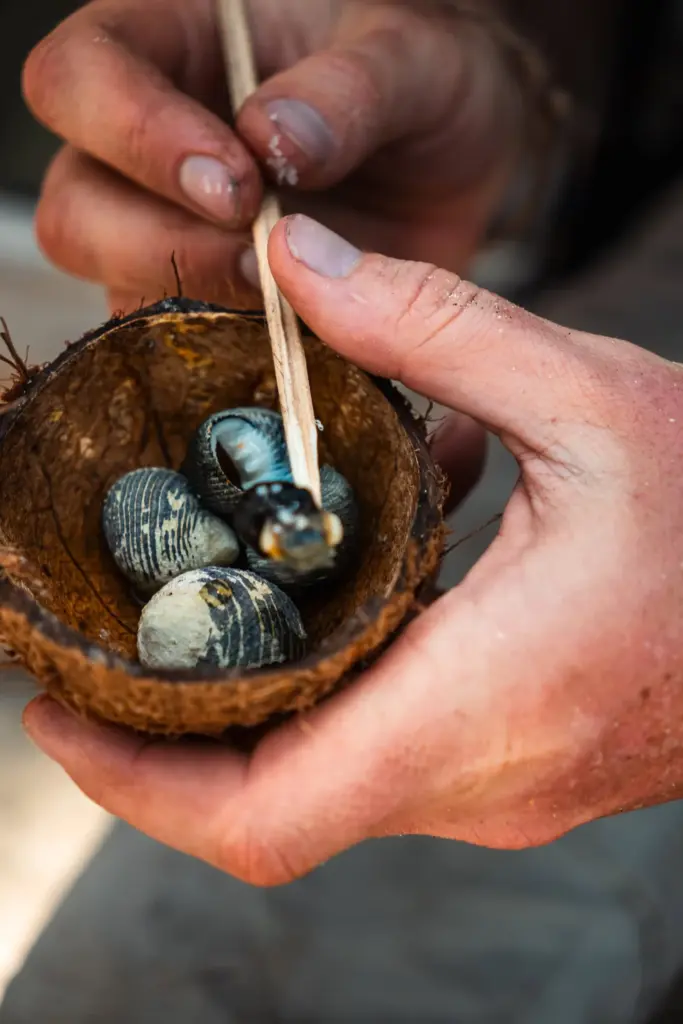
What’s actually occurring: Your body remembers the difference between genuine hunger and social conditioning. Your metabolism learns to function efficiently without constant input.
On expeditions, you learn the difference between appetite and actual hunger. Real hunger sharpens focus, clarifies priorities. It’s not the enemy we’ve been taught to fear — it’s information your body uses to function optimally.
Start here: Skip lunch this Saturday. Drink water. Notice what your body actually requires versus what your mind thinks it needs.
Walking Without Purpose
What you’ll do: Walk for an hour without purpose. No fitness tracker, no route, no destination. Just movement and attention.
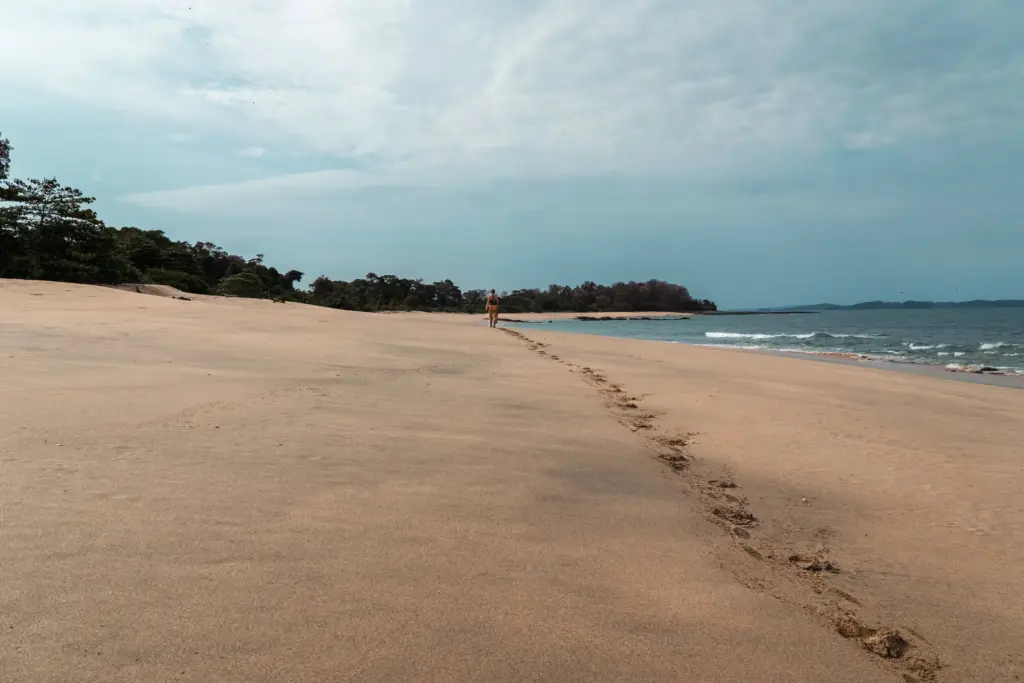
What’s occurring: Your default mode network finally gets real environmental input instead of mental chatter. Your spatial awareness improves. Your body remembers what it feels like to move for pleasure rather than optimisation.
Some of my best insights have come whilst wandering. Not on planned routes with GPS tracking, but true wandering. Your brain evolved whilst your feet covered varied terrain for hours daily. Purposeless walking isn’t exercise — it’s cognitive restoration.
Start here: This evening. One hour. No map, no goal. Let your feet decide. Notice what your mind does when it can’t optimise the route.
One Day Analogue
What you’ll do: Choose one day per week to live with less convenience. Hand-wash dishes, walk instead of driving short distances, read physical books, prepare food from basic ingredients.
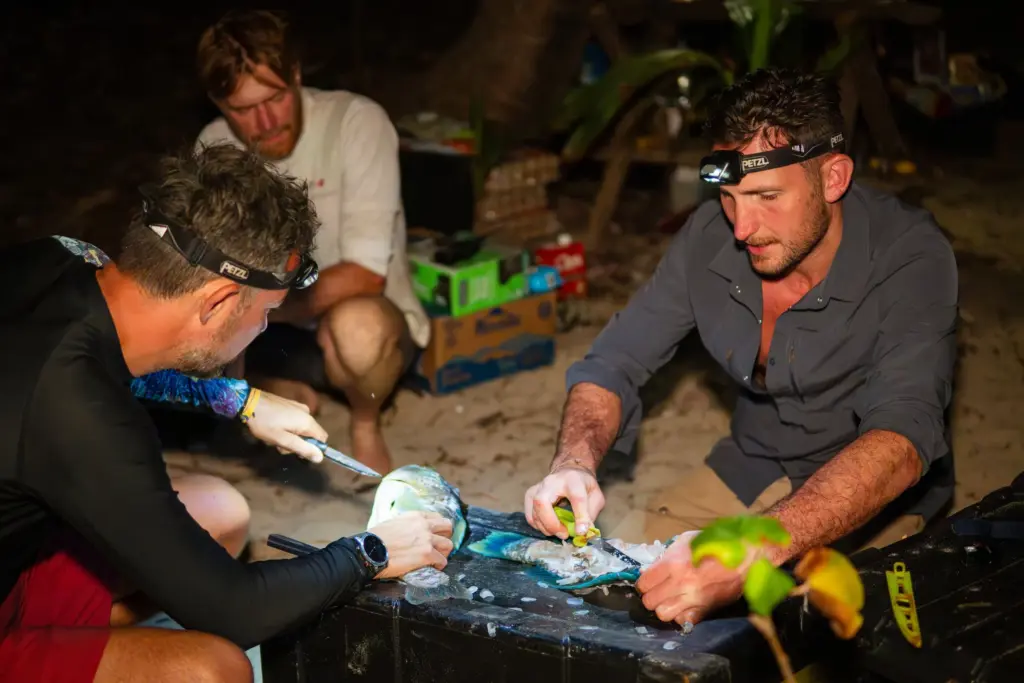
What’s actually happening: You’re removing the technological buffer between intention and outcome. Your hands remember what it feels like to create rather than consume.
Building Desert Island Survival taught me that our hands contain intelligence our minds have forgotten. When you can only use what nature provides, you develop intimate knowledge of cause and effect that convenience eliminates.
Start here: Choose next Sunday. One day of analogue living. Notice the difference between digital convenience and embodied competence.
Why Your Nervous System Is Taking Notes
Your stress response system can’t tell the difference between an angry email and an angry bear. Both trigger the same fight-or-flight cascade. But whilst our stress mechanisms haven’t evolved, our recovery systems have been systematically eliminated.
Having nearly died in a Bolivian prison, then thrived in the Canadian wilderness, I’ve learned something crucial: your nervous system needs evidence that you can handle uncertainty. When you voluntarily choose temporary challenges, you build what psychologists call “stress inoculation.”
This confidence doesn’t stay contained. It spreads into every area where you previously felt helpless.
The Next Conversation
Try one practice this week. Just one. Notice not just what happens to your body, but what happens to your relationship with discomfort.
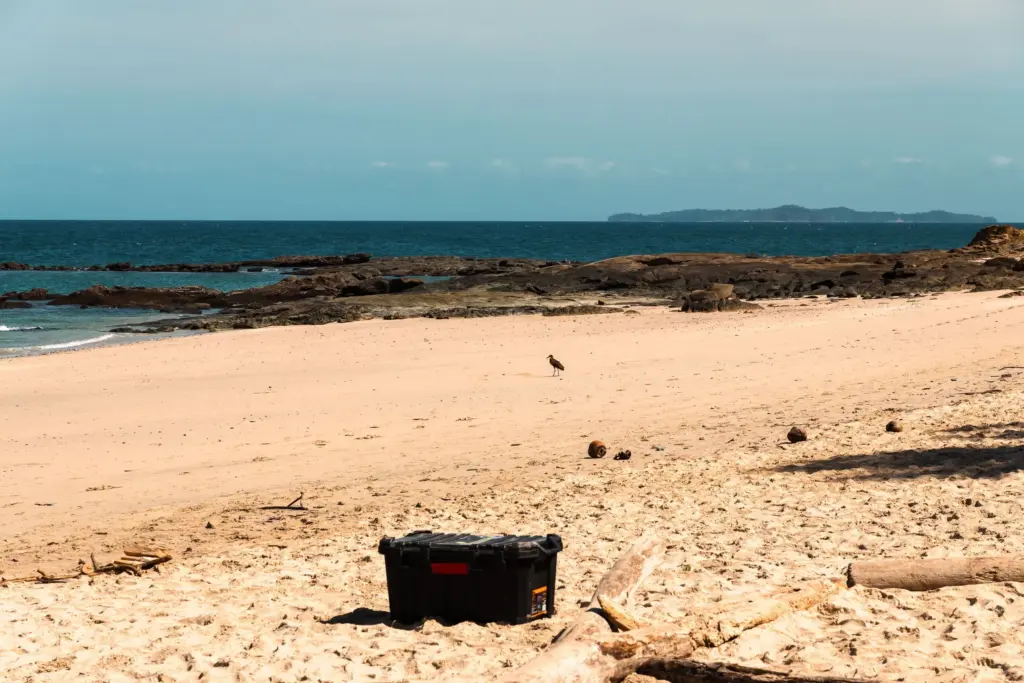
Your nervous system keeps score of every challenge you avoid and every comfort you choose instead. But it also keeps score of every small act of courage.
Start small. Start today. Your body has been waiting for this conversation longer than your mind realises.
When you’re ready to push these boundaries further, we’ll be here.
This guide is your first step toward remembering what your hands can create, what your body can endure, and what your mind can accomplish when convenience stops doing the work for you.


